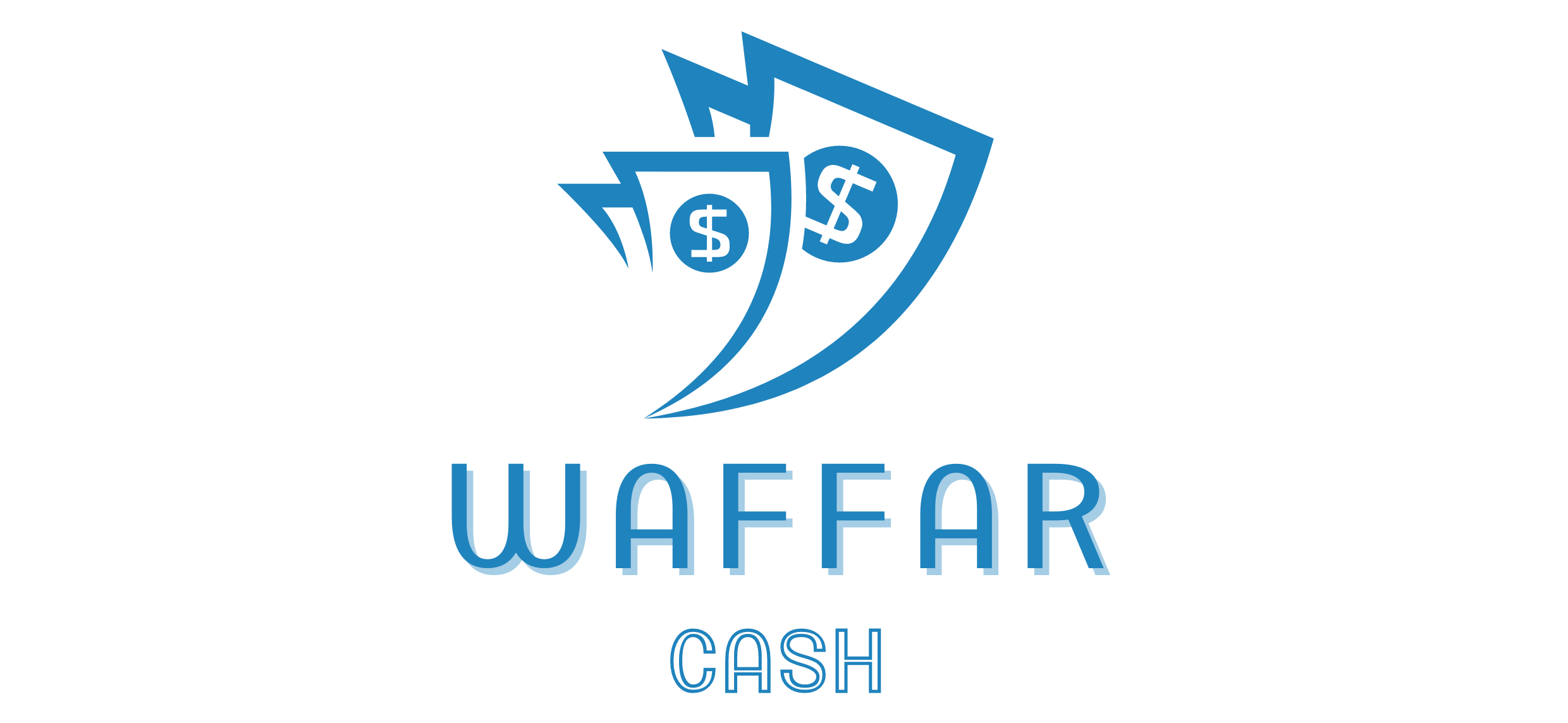
It’s Not Just Marketing — It’s Mind Control
Flash sales. Countdown timers. “Only 2 left in stock.”
These aren’t just marketing gimmicks — they’re psychological triggers.
Retailers know how your brain works, and they use it to make you act fast, spend impulsively, and skip rational thinking.
Understanding these tactics helps you buy smarter and avoid falling for urgency traps.
Scarcity Triggers Panic Buying
When a product appears limited — in quantity or time — your brain sees it as more valuable.
This is called scarcity bias.
You think: “If I don’t grab it now, I might lose it forever.”
This fear of missing out (FOMO) overrides logic and encourages quick, often unnecessary purchases.
Retailers use phrases like “Last chance!” or “Low stock!” even when inventory is normal.
Countdown Timers Create False Urgency
Seeing a ticking timer like “Sale ends in 02:59:44” triggers anxiety.
It forces your brain into a rushed decision-making state.
Even if the offer isn’t that great, the countdown makes it feel urgent and exclusive.
In many cases, refreshing the page resets the timer — proving the urgency was fake.
Still, your brain reacts as if it’s real, because time pressure reduces critical thinking.
Limited-Time Offers Exploit Loss Aversion
People hate losing more than they love winning — it’s called loss aversion.
When you see “Today Only: 40% Off,” your mind focuses on the potential loss of savings, not the actual value of the item.
You buy out of fear that the discount will disappear, even if you don’t truly need the product.
It’s not about the item — it’s about not wanting to “miss the deal.”
Urgency Overpowers Rational Budgeting
Normally, you’d compare prices, read reviews, maybe wait a day.
But flash sales compress that decision window.
You skip the research and click “Buy Now” just to lock in the deal.
This leads to impulse buying, which often ends in regret, clutter, and overspending.
Retailers count on this — that’s why flash sales are short and aggressive.
The Illusion of Exclusivity
Many flash sales claim to be “exclusive” or “members-only,” making the deal feel premium.
This taps into social status psychology — the feeling that you’re part of a special group.
In truth, these deals are often available to anyone.
But once labeled exclusive, your brain sees it as more desirable, even if the product is the same.
Strategies to Protect Yourself
– Wait 24 hours before completing any flash sale purchase
– Compare prices on other sites (chances are, the same item is on sale elsewhere too)
– Read the reviews before buying — urgency is no excuse to skip research
– Use a wishlist to store items and revisit them later with a clear mind
– Turn off marketing notifications if you’re easily swayed by limited-time messages
Flash sales and countdown offers aren’t evil — but they are engineered to push your buttons.
Retailers understand behavioral science better than ever.
You don’t need to avoid these deals completely — just learn to pause, question, and shop with intention.
Because when it comes to smart shopping, time shouldn’t make your decisions. You should.
